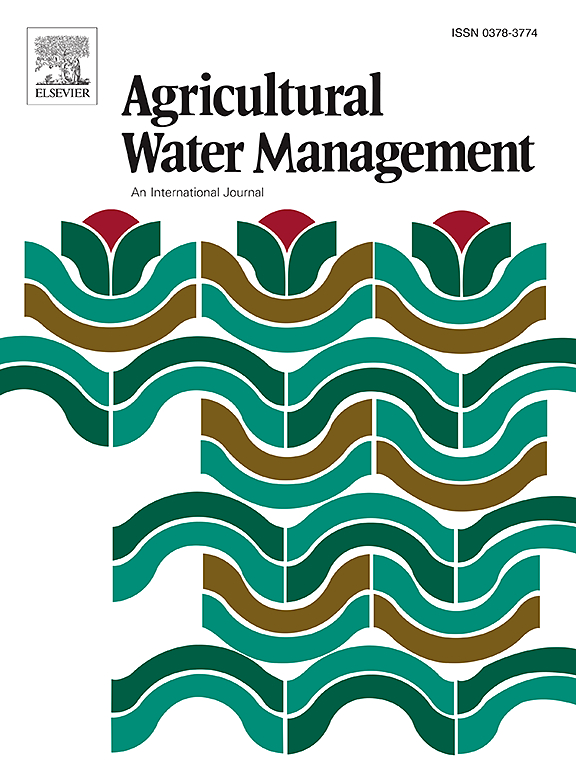评估作物缺水状况以促进区域适应气候变化
IF 5.9
1区 农林科学
Q1 AGRONOMY
引用次数: 0
摘要
作物水分压力的增加是气候变化最严重的影响之一,威胁着当地和全球的农业生产和粮食安全。整个粮食系统的适应过程必须以当地对未来用水需求的定量评估为基础,以及如果这些需求得不到满足对生产损失的后果。因此,我们开发了一个高分辨率的作物需水量模型,该模型综合了气候、土壤和作物在每日时间步长的特征。我们对2100年的前瞻性研究(使用RCP8.5气候情景)在区域尺度上(法国东部的bourgone - franche - comt本文章由计算机程序翻译,如有差异,请以英文原文为准。
Assessing crop water deficiency for regional adaptation to climate change
The increase in crop water stress is one of the most critical effects of climate change and threatens farm production and food security both locally and globally. The adaptation process of the entire food system must be grounded in a local quantitative assessment of future water requirements and the consequences for production losses if those requirements are not met. Thus, we developed a high-resolution crop water requirement model which integrates climate, soil and crop characteristics at a daily timestep. Our prospective study for 2100 (using the RCP8.5 climate scenario) at the regional scale (Bourgogne–Franche–Comté, BFC, in Eastern France) reveals a projected 8 % decrease in average grain production and a 14 % reduction in forage production. However, crop response to climate change vary both spatially and temporally. Summer crops are expected to bear a more marked impact from water stress, with an increase in variability over the years, amplifying the risk for human and animal food security. Other aspects of climate change, such as heat stress, late-spring frost, or an increase in pest pressure, could further impact yields. We emphasize the necessity of addressing climate change adaptation at the regional system level through multi-actor collaboration. Our reproducible approach serves as a rational starting point for designing new strategies based on a combination of adaptive responses at different scales, spanning from the field to the regional scale.
求助全文
通过发布文献求助,成功后即可免费获取论文全文。
去求助
来源期刊

Agricultural Water Management
农林科学-农艺学
CiteScore
12.10
自引率
14.90%
发文量
648
审稿时长
4.9 months
期刊介绍:
Agricultural Water Management publishes papers of international significance relating to the science, economics, and policy of agricultural water management. In all cases, manuscripts must address implications and provide insight regarding agricultural water management.
 求助内容:
求助内容: 应助结果提醒方式:
应助结果提醒方式:


